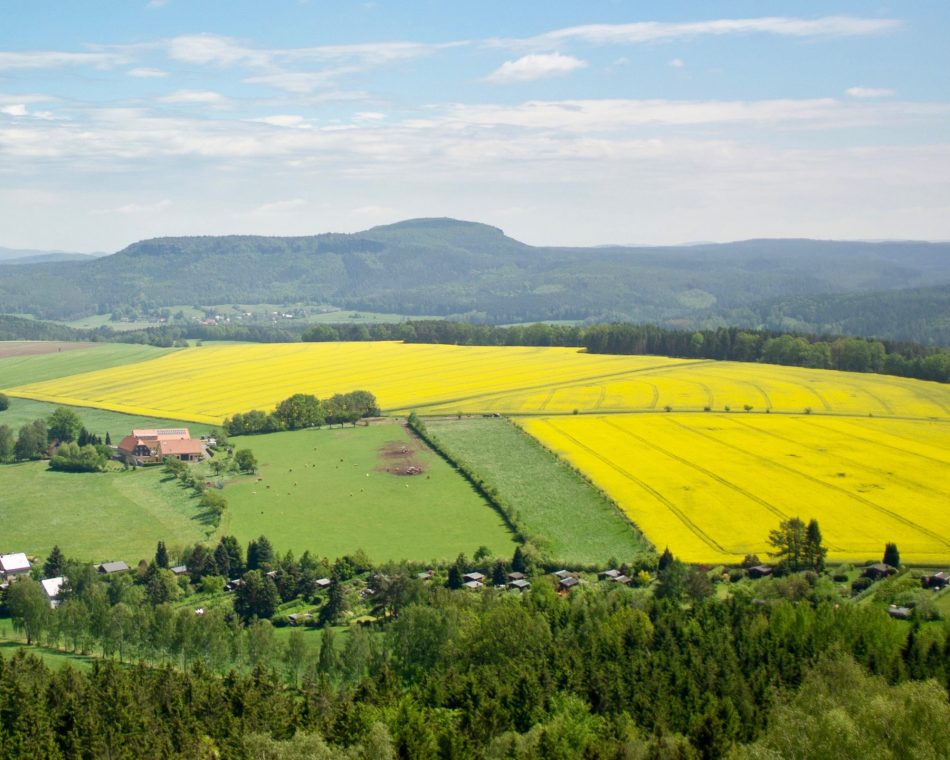GENEVA (AN) — The U.N. weather agency advised governments against relaxing COVID-19 restrictions on Thursday based on false assumptions that the coronavirus will decline with the spread of warm weather in the Northern Hemisphere.
The World Meteorological Organization's first report on how weather and air quality affect the pandemic downplayed those factors in curbing the spread of the virus. Instead, its task force emphasized the importance of face mask mandates, travel restrictions, social distancing and other socially imposed measures.









